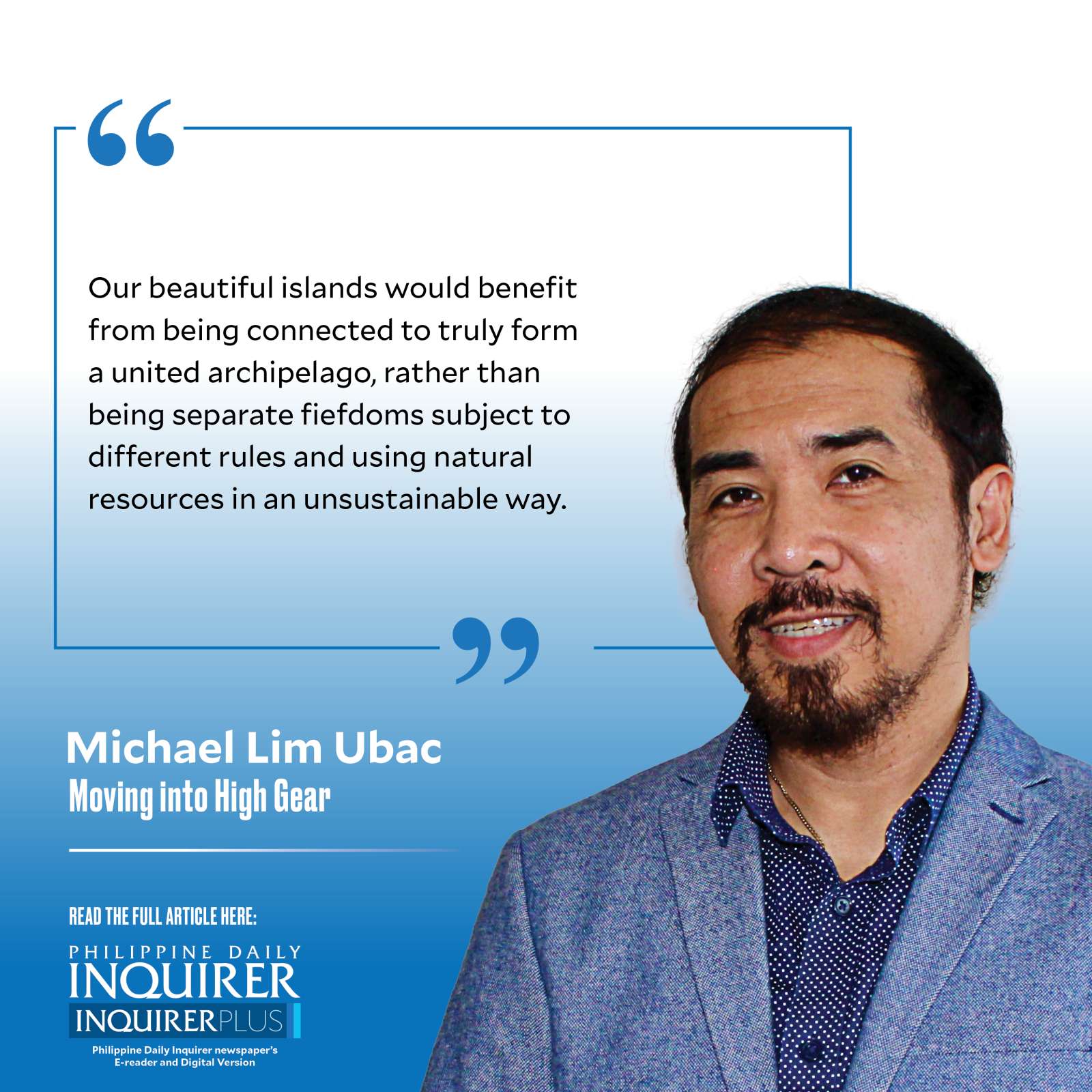
The question of the most beautiful place to visit in the Philippines is a complicated one that has consistently yielded contradictory answers. But the question is relevant because the country is ranked 17th on the Forbes List as one of the world’s 50 most beautiful countries.
A simple Google search will reveal that the province of Palawan, which has El Nido and Coron islands, is the most beautiful destination to visit. Add the Subterranean River National Park and Honda Bay to the itinerary, and you will have an enviable tour package of the country’s last frontier.
If we enlist the help of Gemini, Google’s new artificial intelligence (AI) large language model (formerly Bard), to answer this divisive question, it will concede that the question “is a difficult one to answer, as the country boasts many islands and locations, each with its own unique beauty.”
But Gemini is not one to shirk from its AI duties. It will have no trouble choosing El Nido as its favorite destination, based on various travel awards and the assessments of travel publications. With its limestone cliffs, colorful coral reefs, turquoise waters, and powdery white sand, El Nido consistently ranks among the most beautiful islands in the world. Palawan is also home to the exclusive island resort of Amanpulo.
When I called Gemini’s attention to the majestic rice terraces of the Cordilleras, a United Nations Educational, Scientific, and Cultural Organization heritage site (and the “Eighth Wonder of the World”), it quickly modified its answer, placing the rice terraces in the third spot, after El Nido and Coron. Gemini’s other top tourist destinations include Boracay, Siargao islands, and Batanes.
There is a lengthy discussion thread on this topic on Quora, a popular online platform for talking about any topic under the sun. It’s interesting that, aside from Gemini’s top picks, netizens included places such as Baguio, Manila, Cebu, Puerto Princesa, Tagaytay, Donsol (Sorsogon), Vigan (Ilocos Sur), Sagada (Mountain Province), Siquijor, Batangas, and Bohol.
Serenity and simplicity. The beauty of the Philippines extends beyond its top tourist destinations. Its powerful allure that has bewitched many tourists lies in its serenity and natural simplicity. No matter where you are in the 7,641 islands of this Pearl of the Orient Seas, there are bound to be places that will leave you speechless. Masbate, Samar, Leyte, Mindoro, and Romblon boast numerous white-sand beaches, while other provinces have natural wonders like parks, marine habitats, waterfalls, volcanoes, and mountains.
Besides these natural wonders and historical sites, the Philippines attracts foreign tourists to its shores because of the Filipinos’ legendary hospitality, generosity, cheerful mood, faith, food, and lower cost of living. Our karaoke culture represents the nation’s resilience despite adversities, both local and foreign.
This country is filled with surprises, from breathtaking to sublime views, urban nightlife to rural tranquility, mountaintops to underwater wonders. The Philippines could have been a tourism powerhouse a long time ago, but the bad governance and incompetence of many are causing havoc on our shores.
Which place should you visit in the Philippines this summer? It might be closer than you think. However, we must fix the woeful state of our transport system first.
Connectivity. Going from point A to point B in this country is a nightmare. If we want to encourage domestic and international tourism, we should build more international airports or extend the runways of smaller airports, at the very least. The government should also provide a free shuttle or monorail for passengers to transfer between terminals, not just for those with connecting flights, and then connect the airport terminals to the nearest train station. This has been the standard feature of transportation systems in developed nations in Asia, Europe, and North America since the last century. The high rates charged by airport taxis and ride-hailing cabs also add to the woes of travelers.
Connectivity is crucial in reducing the carbon footprint of air travel. Travelers would be encouraged to take sea routes by connecting Visayas and Southern Tagalog, which have the largest concentration of white sand beaches, through more reliable sea transport options. Although RO-RO (roll-on, roll-off) ferries are primarily used for cargo, they have become the most affordable alternative transport options, as travelers take passenger buses that are loaded onto these large but aging cargo ships. Surely, there is a better way to travel quickly.
Our beautiful islands would benefit from being connected to truly form a united archipelago, rather than being separate fiefdoms subject to different rules and using natural resources in an unsustainable way.
—————-
For comments: lim.mike04@gmail.com; @umichaell

